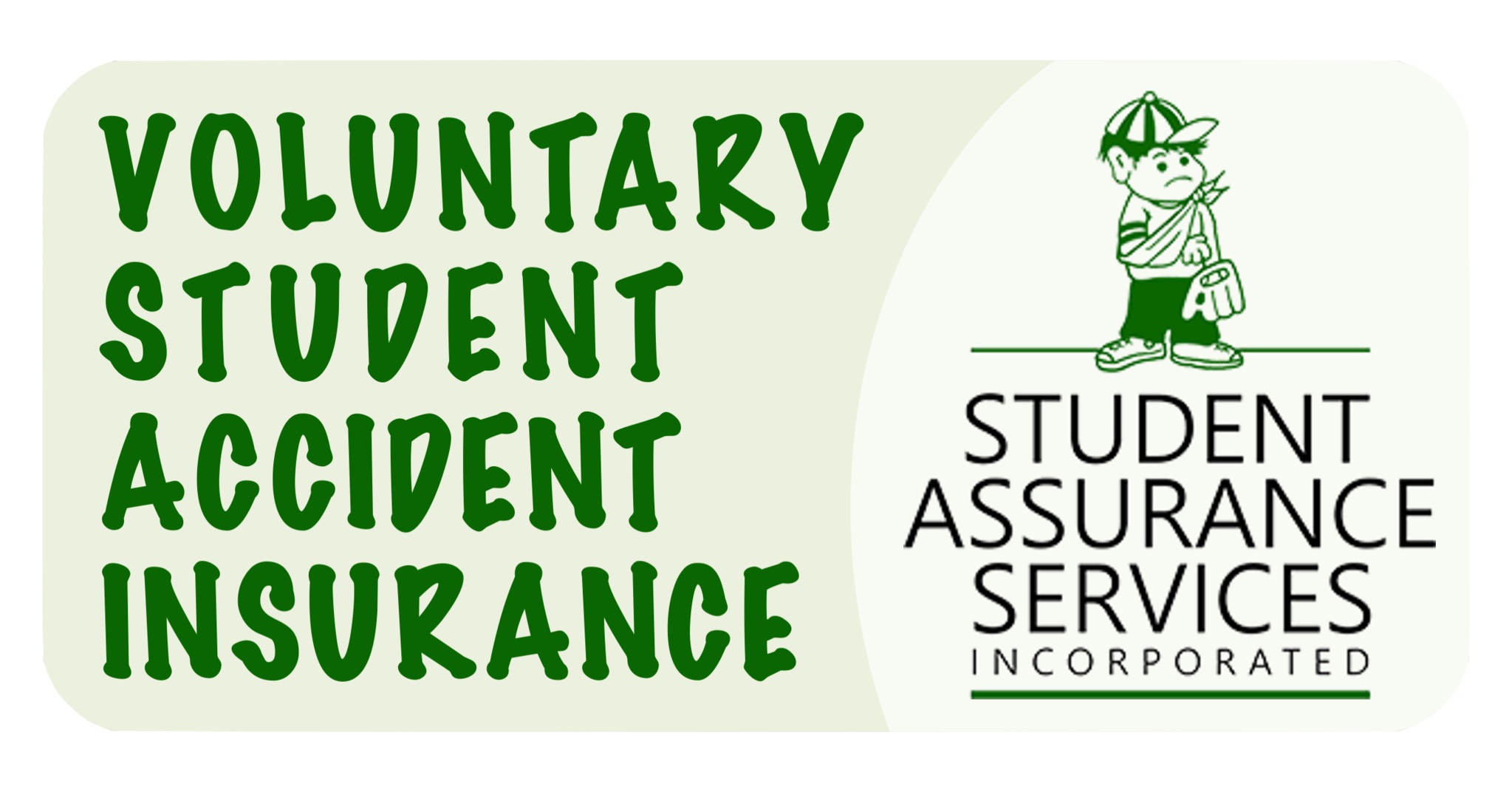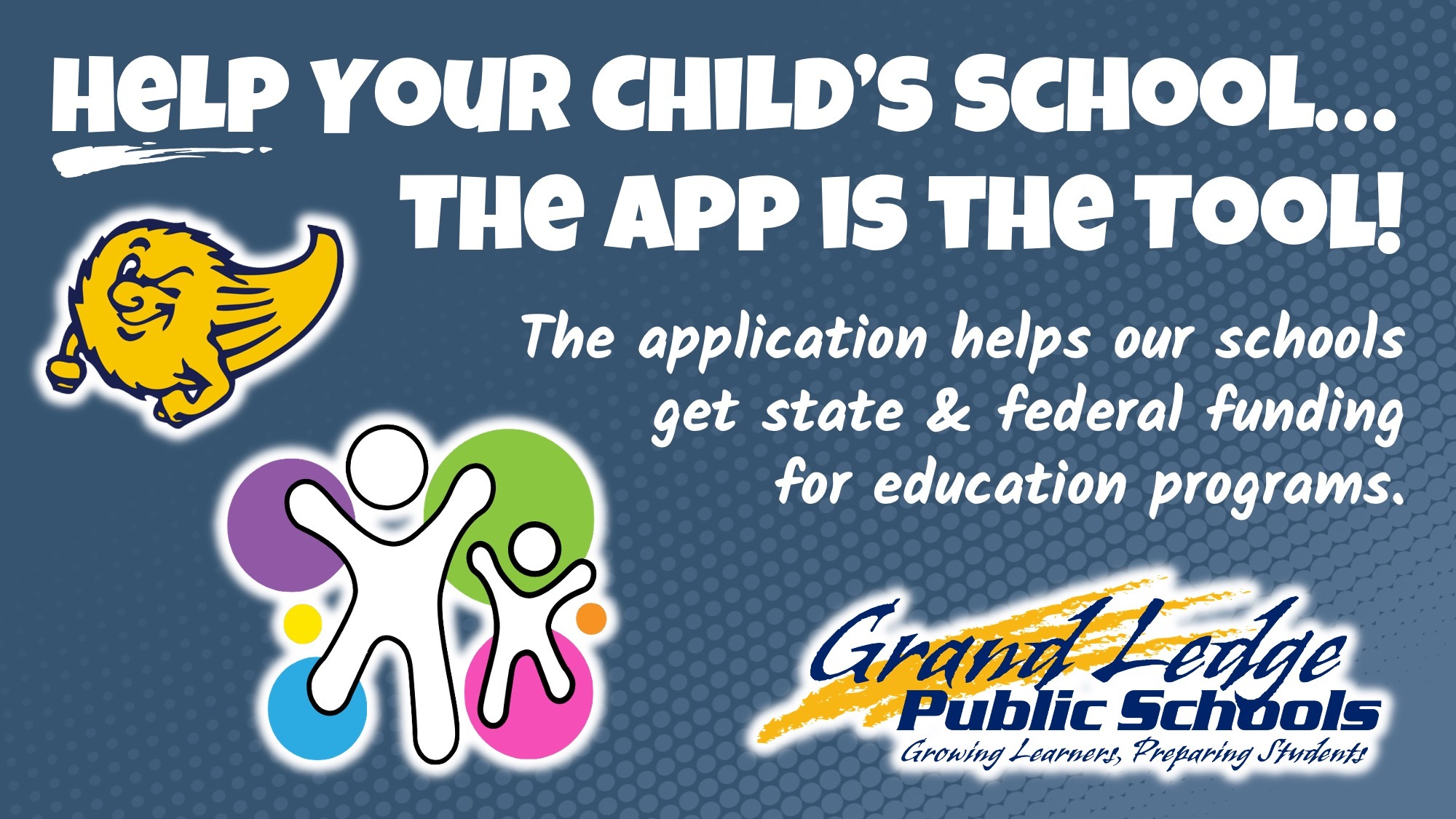|
12-14-22
Dear GLPS Families:
We are now at the time of year when influenza-like illnesses are reported throughout our state, community, and school district – illnesses including Influenza A, RSV, & COVID-19 (Request a FreeTest Kit). In addition, we often see gastrointestinal illnesses (stomachache, vomiting, diarrhea), Mono, and Strep Throat. So this is the season to remind and ensure families know when to keep children home and provide additional guidance for the prevention of illness.
Grand Ledge Public Schools is doing its part, too. GLPS continues to work closely with Barry-Eaton District Health Department to monitor our illness rates. Also, as of December 1st, our custodial team has implemented additional cleaning measures in all of our buildings to reduce the spread of any communicable illness.
Many illnesses do not require exclusion. However, children should stay home if the illness prevents them from participating comfortably in school activities or if there is risk of spreading illness to others.
Below are some reasons why a child should stay home
- Influenza-like symptoms: Respiratory symptoms (such as cough, sore throat), headaches, muscle aches or body aches, fatigue and other cold symptoms (runny nose or nasal congestion). Follow GLPS Symptom Screener to stay home when ill.
- Fever: A temperature of 100.4°F or greater.
- Diarrhea: Two loose or watery stools within 24 hours.
- Vomiting: Vomiting one or more times within 24 hours.
- Abdominal pain: Abdominal pain that continues for more than two hours, or intermittent pain associated with fever or other symptoms.
- Rash: A rash AND has a fever or a change in behavior. Note: Rapidly spreading bruising or small blood spots under the skin need immediate medical attention.
- Skin sores: Sores leaking fluid on an exposed area of skin that cannot be covered completely with a waterproof dressing.
- Severe illness: This may include symptoms such as being very tired or less responsive, having difficulty breathing, or having a rapidly spreading rash.
- Children and staff diagnosed with certain communicable diseases, including COVID-19, may have to be excluded for a period of time.
- Exceptions to the above are if a healthcare provider has determined the child is not infectious.
*Please continue to report your child’s absence to their school.
Children can return when the following are met (some exceptions apply):
- Children with a fever should not return until 24 hours of no fever, without the use of fever-reducing medications.
- Children with influenza-like symptoms, as listed above, should be out until no longer actively ill
- Children with diarrhea should have no loose stools for 24 hours prior to returning to school.
- Children with vomiting should have no vomiting episodes for 24 hours prior to returning.
- Children with a rash that presented with a fever should be excluded until the rash subsides and are 24 hours fever free without the use of fever-reducing medications, or until a healthcare provider has determined it is not infectious.
- Covid Positive - Report Covid Positive Cases on the COVID Dashboard district site or here (Covid Reporting Form) and follow the return to school timeline per school health team follow-up email. For additional information email health@glcomets.net
Please note that the Early Childhood Special Education Program has a separate return-to-school policy.
Teach your family how to lower their risk of getting and spreading illnesses by:
- Avoiding close contact with others: This includes kissing, shaking hands, and sharing cups and eating utensils. When you are sick, keep your distance from others to protect them from getting sick too.
- Covering your mouth and nose: Cover your mouth and nose with a tissue or cough/sneeze into your arm. Flu, Covid and other respiratory viruses spread mainly by droplets made when people cough, sneeze or talk. COVER YOUR COUGH
- Cleaning your hands: Wash your hands often with soap and running warm water for at least 20 seconds. If soap and water are unavailable, use hand sanitizer (60% alcohol base) for 20 seconds. CDC Graphics: STOP GERMS!, Handwashing, & Handsanitizer
- Avoiding touching eyes, nose, or mouth: That is how many types of germs enter the body and also how germs can be spread.
- Practicing other healthy habits:
- Clean and disinfecting frequently touched surfaces such as doorknobs and mobile devices at home, work or school, especially when someone is ill.
- Get plenty of sleep, be physically active & manage your stress
- Drink plenty of fluids & eat a well-balanced diet of nutritious foods.
- Staying up-to-date on your annual influenza & COVID vaccines as well as all other recommended vaccinations: Vaccines decrease the risk of contracting vaccine-preventable illnesses and their potentially serious complications.
- Implementing other mitigation measures: This includes wearing a well-fitted, non-cloth mask, avoiding contact with people who are sick, and communicating with your doctor if you have concerns.
If you have any other questions, contact District Nurse Cindy Brummette at brummettec@glcomets.net or for Beagle Middle School and Grand Ledge High School - School Nurse Amanda Brunton at bruntona@glcomets.net. For additional information: CDC or Barry-Eaton District Health Department, or Michigan Stay Well Resources - Create your Calm & Support•Connect•Cope
Sincerely,
GLPS Health Team
Cindy Brummette BSN, RN
Amanda Brunton BSN, RN
Resources: CDC.gov, Managing Communicable Diseases in School, GLPS Coronavirus
|












